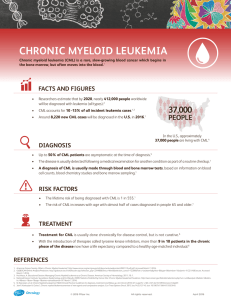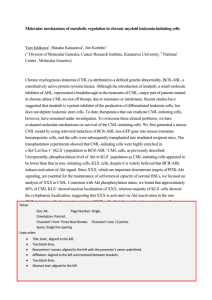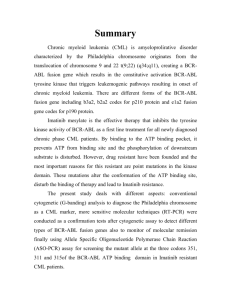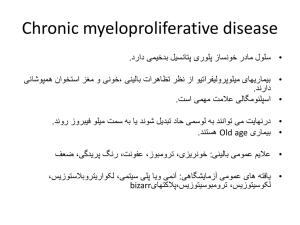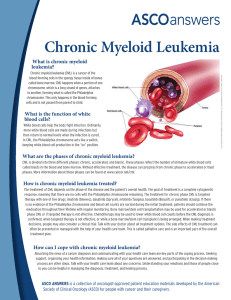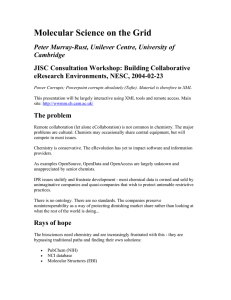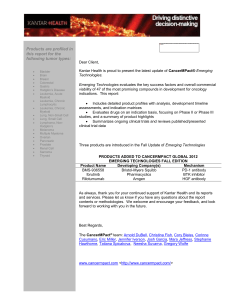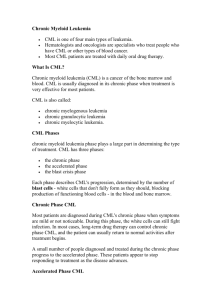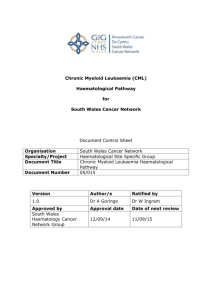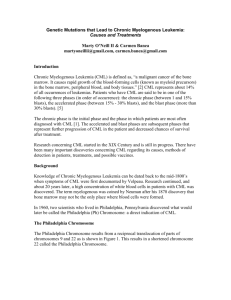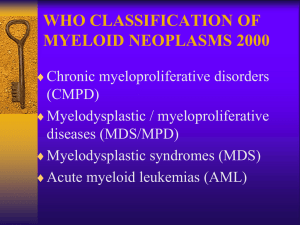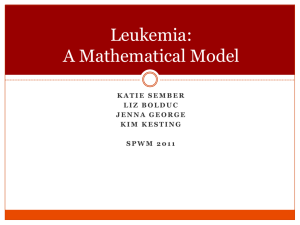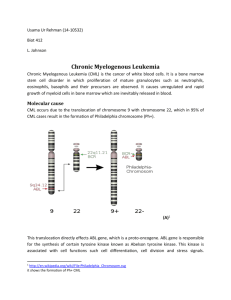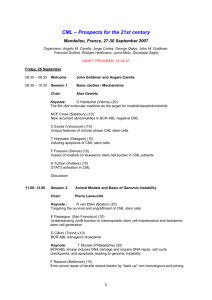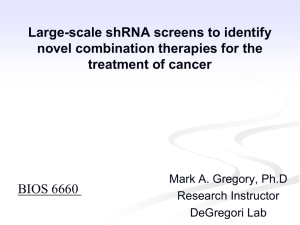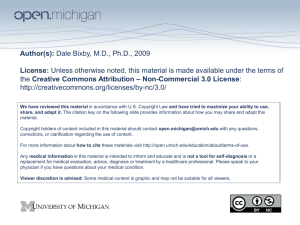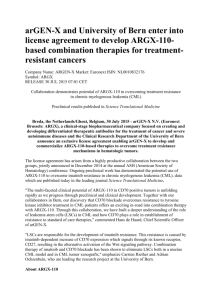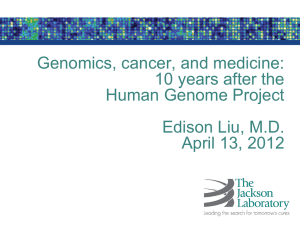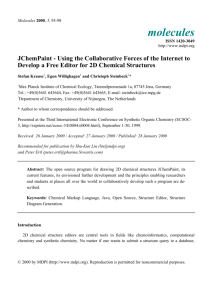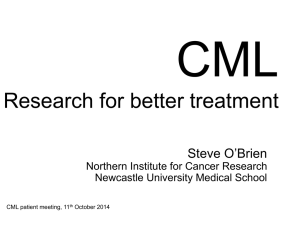press release
advertisement
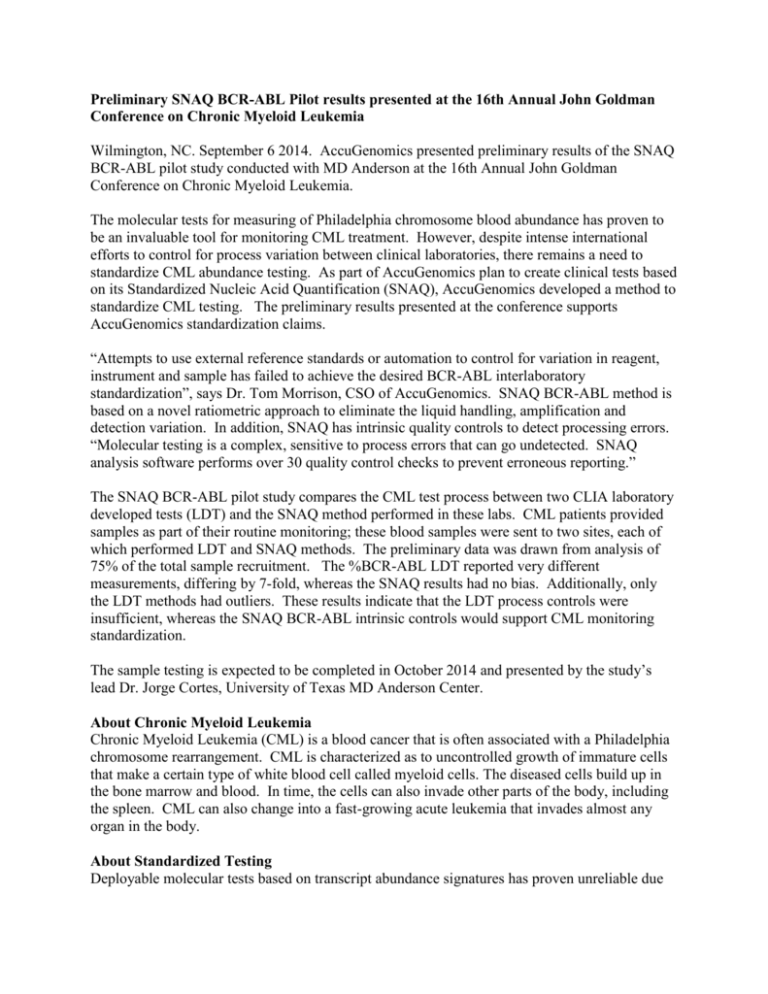
Preliminary SNAQ BCR-ABL Pilot results presented at the 16th Annual John Goldman Conference on Chronic Myeloid Leukemia Wilmington, NC. September 6 2014. AccuGenomics presented preliminary results of the SNAQ BCR-ABL pilot study conducted with MD Anderson at the 16th Annual John Goldman Conference on Chronic Myeloid Leukemia. The molecular tests for measuring of Philadelphia chromosome blood abundance has proven to be an invaluable tool for monitoring CML treatment. However, despite intense international efforts to control for process variation between clinical laboratories, there remains a need to standardize CML abundance testing. As part of AccuGenomics plan to create clinical tests based on its Standardized Nucleic Acid Quantification (SNAQ), AccuGenomics developed a method to standardize CML testing. The preliminary results presented at the conference supports AccuGenomics standardization claims. “Attempts to use external reference standards or automation to control for variation in reagent, instrument and sample has failed to achieve the desired BCR-ABL interlaboratory standardization”, says Dr. Tom Morrison, CSO of AccuGenomics. SNAQ BCR-ABL method is based on a novel ratiometric approach to eliminate the liquid handling, amplification and detection variation. In addition, SNAQ has intrinsic quality controls to detect processing errors. “Molecular testing is a complex, sensitive to process errors that can go undetected. SNAQ analysis software performs over 30 quality control checks to prevent erroneous reporting.” The SNAQ BCR-ABL pilot study compares the CML test process between two CLIA laboratory developed tests (LDT) and the SNAQ method performed in these labs. CML patients provided samples as part of their routine monitoring; these blood samples were sent to two sites, each of which performed LDT and SNAQ methods. The preliminary data was drawn from analysis of 75% of the total sample recruitment. The %BCR-ABL LDT reported very different measurements, differing by 7-fold, whereas the SNAQ results had no bias. Additionally, only the LDT methods had outliers. These results indicate that the LDT process controls were insufficient, whereas the SNAQ BCR-ABL intrinsic controls would support CML monitoring standardization. The sample testing is expected to be completed in October 2014 and presented by the study’s lead Dr. Jorge Cortes, University of Texas MD Anderson Center. About Chronic Myeloid Leukemia Chronic Myeloid Leukemia (CML) is a blood cancer that is often associated with a Philadelphia chromosome rearrangement. CML is characterized as to uncontrolled growth of immature cells that make a certain type of white blood cell called myeloid cells. The diseased cells build up in the bone marrow and blood. In time, the cells can also invade other parts of the body, including the spleen. CML can also change into a fast-growing acute leukemia that invades almost any organ in the body. About Standardized Testing Deployable molecular tests based on transcript abundance signatures has proven unreliable due to its sensitivity to variations in reagent handling, reagent specificity, instrument drift, and specimen quality. The predictive performance of complex transcript abundance signatures is reduced by the method variation and drift. AccuGenomics offers several transcript abundance methodologies that control for these variations to ensure every measurement was made correctly. These methods are ideal for development of kits that make many abundance measurements from limited degraded samples. About AccuGenomics AccuGenomics is a diagnostic company focused on developing standardized molecular diagnostic tests in oncology utilizing its patented technology. These tests will generate disease specific data that provide accuracy and intrinsic quality control for patient solutions. Additional information: www.accugenomics.com.


